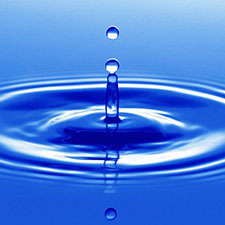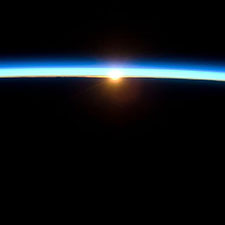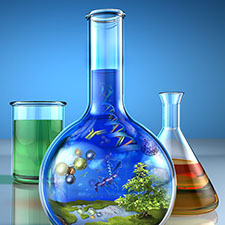Studying how groundwater responds to the effects of climate and landscape change and how these perturbations propagate through aquifers impacting surface water ecosystems is an important focus of our faculty.

Hydrology and Ecohydrology

Environmental Chemistry
Studying the chemical processes that couple the lithosphere, hydrosphere, biosphere, and atmosphere, and their impacts on human activities and the environment, is the focus of select EAPS faculty and students.

Soils and Sediments
The weathering and erosion of soils, and how these processes support and change life on Earth, is a key research theme for our environmental geoscience faculty.

Environmental Biogeochemistry
Environmental geoscience faculty and students conduct various experiments that help further the study of the chemical, physical, geological, and biological processes and reactions that govern the composition of the natural environment.
Environmental Geoscience News
Researchers unveil a groundbreaking clay-based solution to capture carbon dioxide and combat climate change
06-03-2025
In a new study, researchers at Purdue University, in collaboration with experts from Sandia National Laboratories, have potentially uncovered a game-changing method for using clay to capture carbon dioxide (CO2) directly from the air to help mitigate climate change.
Fewer Sensors, Clearer Images: The Future of Seismic Research
05-19-2025
Researchers at Purdue University have theorized a new way to see what lies beneath the Earth's surface. This innovative method, developed by Ph.D. student Sayan Mukherjee and Professor Yunyue Elita Li from the EAPS Department at Purdue University, could greatly enhance industries that require images of the subsurface, all while saving costs and boosting efficiency. Their work has been published in Geophysics.
10 Purdue faculty chosen as fellows of the American Association for the Advancement of Science
03-27-2025
WEST LAFAYETTE, Ind. — Purdue University is recognizing faculty members who have been elected as fellows of the American Association for the Advancement of Science (AAAS), one of the most distinct honors within the scientific community. Matthew Huber, EAPS professor, is being honored for pioneering research on past and future climate dynamics, significantly advancing understanding of human-induced climate impacts and sustainability.
Bell powers notable studies of seismology, volcano dynamics
03-05-2025
EAPS professor Xiaotao Yang is using the Rosen Center for Advanced Computing (RCAC)’s powerful Bell supercomputer for seismic imaging and to better understand the lithosphere, the outermost layer of the Earth, and how earthquakes and volcanoes occur.
Why scientists say this stunning ancient lake in Turkey might as well be on Mars
03-04-2025
CNN — With its vivid turquoise, green and blue waters, it’s no surprise Lake Salda is often promoted as the “Maldives of Turkey.” But there’s so much more to this gorgeous body of water and its white-sand beaches than just beauty to get tourists excited. According to scientists, Lake Salda is the only place on Earth that's analogous to the Jezero Crater on Mars. EAPS's Briony Horgan was interviewed in this article.
